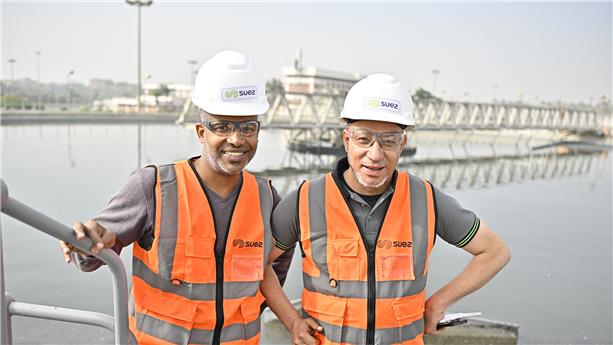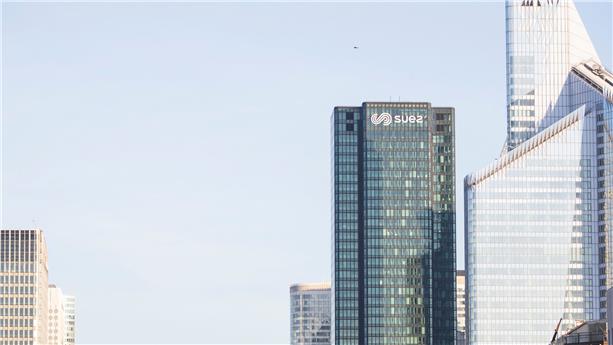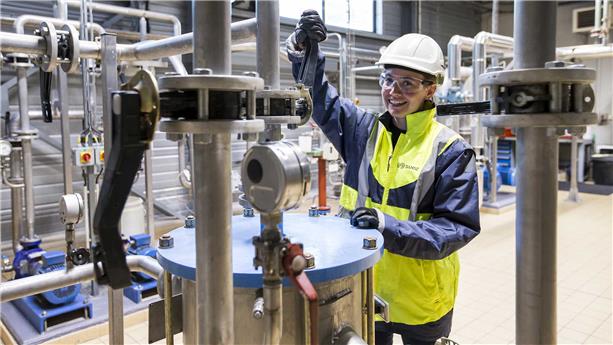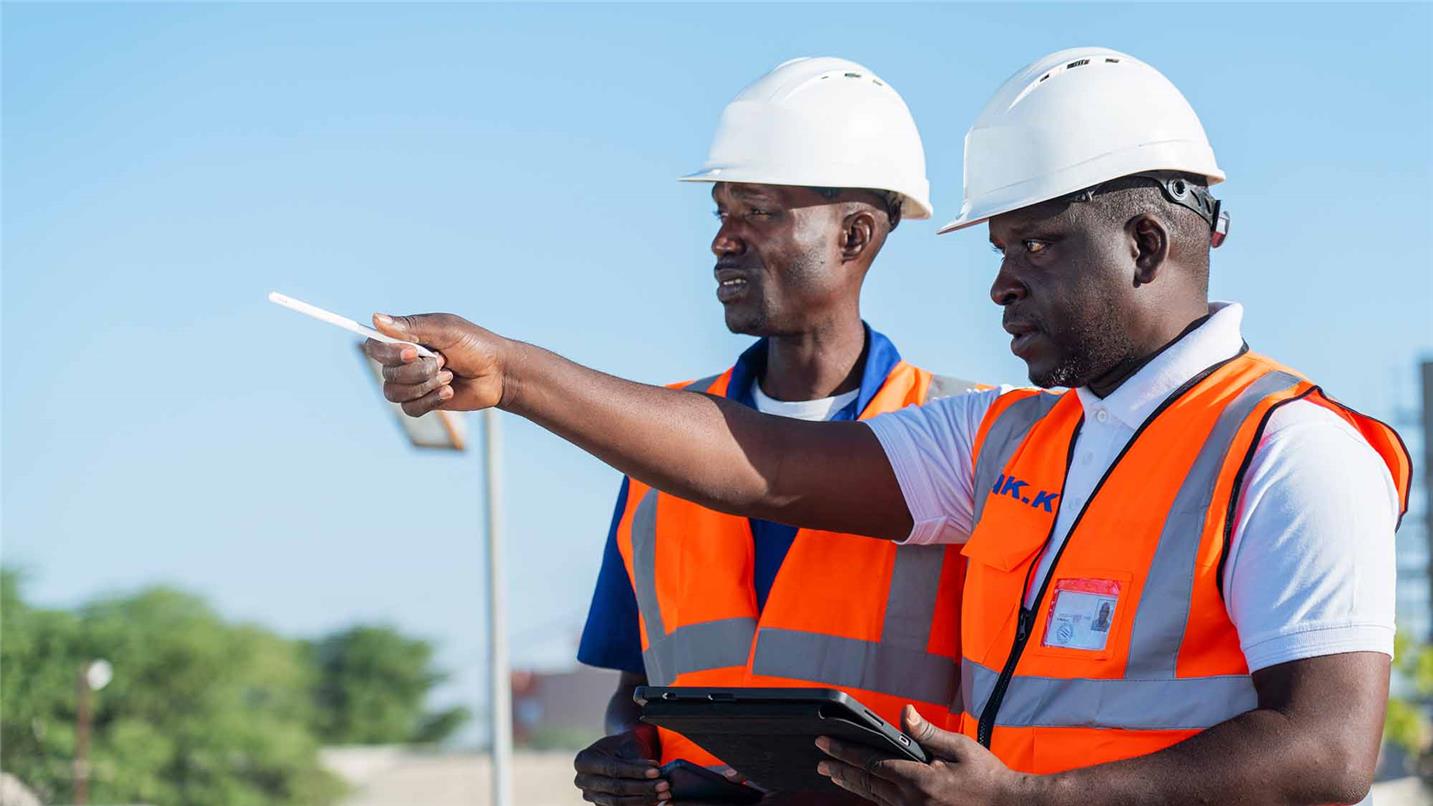
« Faced with growing environmental challenges, each day, for more than 160 years, we have been acting in support of our clients and partners to deliver essential services that protect and improve the quality of life wherever we operate.
United by a passion for our work as well as our inclusive culture and team spirit, we innovate to conserve water and create value from waste, in the form of energy and recycled materials. We promote and implement responsible behaviours, more efficient technologies and circular solutions to recycle and make the best possible use of the finite resources of the Earth.
Deeply rooted in our community, we are committed to providing people and the planet with the resources for a common future. »
Our purpose - SUEZ
Credit: SUEZ group


